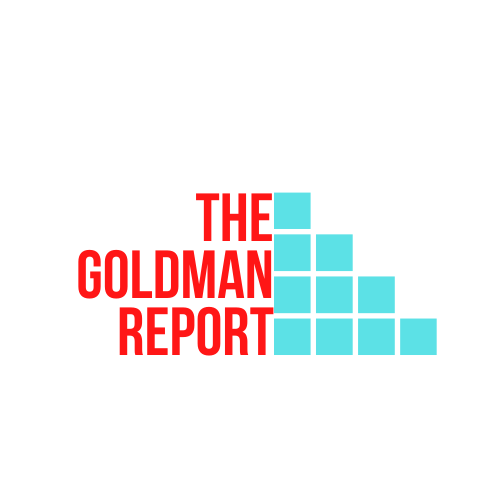Nazi collaborator supporters fail in their bid to shut down the Goldman Report
In a dramatic and ultimately unsuccessful bid to silence dissent and freedom of speech, a community group calling itself the Serbian Council of Australia (SCOFA), recently attempted to shut down the US-based anti-Nazi website, The Goldman Report.
Sign up to read this post
Join Now

